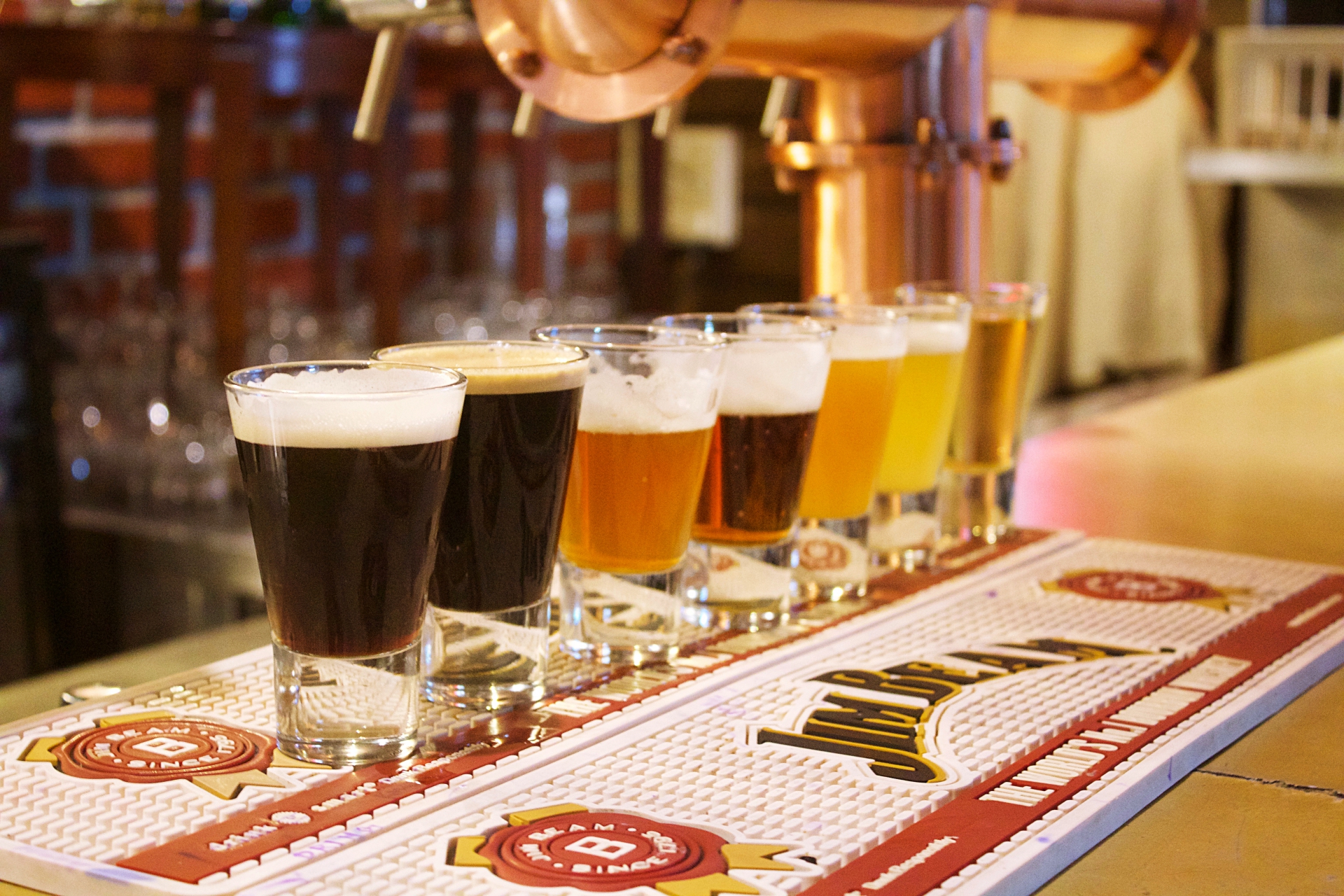The Impact of Globalisation on Beer Consumption
The consumption of beer has a long history and has traditionally been one of the most popular beverages worldwide. In this blog post, we will explore the top 10 countries with the most beer drinkers, what factors contribute to beer consumption in each of these countries, the economic and cultural significance of beer drinking, the impact of globalization on beer consumption, strategies to promote responsible beer drinking, and the health implications of excessive beer drinking. This article will provide an engaging perspective on the importance of beer consumption globally.
Table of Contents
Ranking of Top 10 Beer-Drinking Countries
Beer is one of the world’s most popular alcoholic beverages and is enjoyed in many countries around the world. According to a survey conducted by the website Vine Pair, the top ten countries for beer consumption in the world are as follows: the Czech Republic, Ireland, Germany, Australia, Austria, United Kingdom, Poland, Belgium, Canada, and the United States of America.

The Czech Republic takes the top spot, with an average of 143.3 litres of beer consumed per person per year. Ireland follows closely behind at 141.4 litres, while Germany rounds out the top three at 110.7 litres. Australia, Austria, the United Kingdom, Poland, Belgium, Canada, and the United States complete the list of the top ten beer-drinking countries. This survey provides an interesting look at the global beer-drinking culture.
Factors Contributing to Beer Consumption
Beer is a popular alcoholic beverage enjoyed around the world, and its consumption is determined by a variety of factors. Studies have identified different characteristics associated with beer drinkers, including age, gender, and income level. Age is a major factor in beer consumption, as the legal drinking age in many countries is 18 years old. Generally, the older the beer drinker, the more often they tend to drink beer. Gender is also an important factor, with men typically consuming more beer than women.
Additionally, studies have found that higher income levels are associated with increased beer consumption. Other factors, such as culture, availability, and personal preference, can contribute to beer consumption as well. Overall, a combination of these factors contributes to the popularity of beer among individuals across different demographics.
Economic and Cultural Significance of Beer Drinking
Beer drinking has been an integral part of many cultures for centuries, and its importance is both economic and cultural. The brewing industry has created jobs and wealth, while the social aspects of beer drinking have been unifying forces in many societies. As a popular global beverage, beer has a unique ability to bring people together and create a sense of community. On the economic side, beer is a major source of employment, with brewing, selling and serving beer providing jobs for many people. Beer has also been an important source of revenue for governments, as taxes on beer are a significant source of income in many countries.
On the cultural side, beer has long been associated with social gatherings, from traditional festivals to modern-day pubs and bars. Beer also serves as a symbol of national pride and identity for many countries, as well as a representation of the local culture. All in all, beer drinking has had a significant impact on both the economy and culture for centuries and its importance is likely to remain for many years to come.
Impact of Globalization on Beer Consumption
Globalization has had a significant impact on beer consumption around the world. The beer industry has been affected by the increase in global mobility and trade between countries, allowing for the development of an international market for product movement. This has led to an increase in the availability of different brands of beer and has also enabled beer drinkers to sample beers from different countries.
The growth in the beer market has also been fueled by the development of new varieties and flavours, as well as improvements in packaging, marketing and distribution. The result of these changes has been a rise in beer consumption among beer drinkers around the world, with global beer production rising by over 6% in the last decade. This has had a positive effect on the economy, creating jobs and providing an important source of income for many people.
Strategies to Promote Responsible Beer Drinking
Beer drinking is often a social activity, but it is important to do so responsibly. To promote responsible drinking, here are a few strategies to consider. First, set up designated drivers or have a plan for transportation that does not involve driving while under the influence. This means designating a driver or making arrangements for public transportation or a ride-share service. Second, establish a limit on the number of drinks per person before the drinking begins. This helps ensure that no one consumes too much alcohol.
Third, have plenty of food and non-alcoholic beverages available. This encourages people to take breaks and stay hydrated, which can help reduce the risk of overconsumption. Fourth, avoid high-alcoholic drinks such as shots and mixed drinks. Instead, opt for beers with lower alcohol content. Finally, keep track of the amount of alcohol that is consumed. This helps people to be aware of how much they are drinking and can help them stay within a safe limit. By following these strategies, beer drinkers can enjoy their social activities responsibly.
Health Implications of Excessive Beer Drinking
Excessive beer drinking has serious health implications. In addition to the risks of high blood pressure, elevated cholesterol levels, and obesity, long-term excessive beer drinking can lead to an increased risk of various forms of cancer, liver cirrhosis, and alcohol dependence. Beer drinkers can also be at risk of developing a Vitamin B deficiency due to the diuretic effect of alcohol. Furthermore, excessive alcohol consumption has been linked to an increased risk of stroke, cardiovascular disease, and certain types of dementia. Beer drinkers need to keep their alcohol consumption in moderation to minimize the risk of developing any of these health issues.
In conclusion, beer consumption is a major part of global culture, especially in the top 10 beer-drinking countries. Factors such as culture, economy, and globalization have a big role in the amount of beer consumption, and in some countries, it is a major source of income. Although beer consumption can bring economic benefits and cultural enrichment, it is important to remember to drink responsibly and to be aware of the health implications of excessive drinking. With an understanding of the ranking of the top 10 beer-drinking countries, their economic and cultural significance, and the impact of globalization, we can continue to promote responsible beer drinking and make sure our drinking habits are beneficial to us and our communities.



